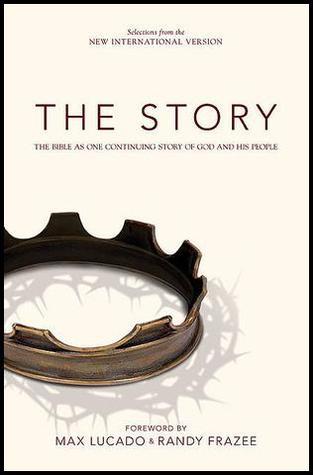

I enjoyed Pastor Jessica’s sermon Sunday in which she looks at the Sermon on the Mount, and specifically the Beatitudes of Matthew 5 as “a map of where we can find Jesus.” Listening to her exploration of where and how we might best discover Jesus, Jessica did point out his unique identification with the poor and hurting of our world. It reminded me of the following from a Catholic theologian and churchwoman.
Author Monika Hellwig suggests that there may be a reason that the Hebrew and Christian God consistently goes out of His way to lift up the poor and their plight. She offers a variety of “advantages” that she’s put into the beatitude format famously used by Jesus. After all, those beatitudes—both in Luke and Matthew begin with “Blessed are the poor….”
Blessed are the poor for they rest their security not on things but on people.
Blessed are the poor because they do not have an exaggerated sense of their own importance, nor an exaggerated need for privacy.
Blessed are the poor because they expect little from competition and much from cooperation.
Blessed are the poor because they can distinguish between necessities and luxuries.
Blessed are the poor because they already know that with God’s help it is possible to survive great suffering and want.
Blessed are the poor because when the gospel is preached to them, it sounds like good news and not like a scolding.
Blessed are the poor because they are free to respond to the call of Jesus with abandon. The poor are especially blessed because they have so little to lose and almost everything to gain.
I think if Jesus were speaking to us today, in person, he’d close this list of blessings with: “Blessed are the well-off who come to the aid of the poor and blessed are the poor who aid the well-off in seeing the good news in a new light.”
*I excerpted and ‘beatitudized’ this from Yancey’s The Jesus I Never Knew

Archived Posts
One More Piece of Unsolicited Advice
I had one too many examples yesterday. Here’s the "Ask Pastor Tim" scenario that didn’t make the cut for Sunday’s sermon: (read more)
Not If, But When, the Crisis Comes
One of the best Bible commentators alive today is N.T. Wright or Tom Wright. When reflecting on the parable of the wise and foolish maidens, he wrote this:...
What I wanted to say
but ran out of time this Sunday
Here is the benediction I was going to use before discovering the excellent MLK Jr. video.
The Storm that Comes To Us as Helplessness
I want to share with you a small portion of my conversation with Artificial Intelligence online. Some of you know, I use Chat-GPT as a thoughtful sounding board for the questions and insights I’m working with on whatever scriptures I’m studying each week. What follows is an example of those discussions...
One Final Scene About Scrooge
There was one more scene in Dickens’s novel that reveals something of what has happened to Scrooge over the years. I did not have time to share it on Sunday, but I believe it reveals a great deal about the regrets in Scrooge’s life....
What Jacob Marley Would Do,
If He Could Do It…
I thought about using the following for a benediction—since Jacob Marley was warning Scrooge about the danger of loving money and what it could buy. Ends up with the Cantata and everything else going on, I didn’t have the time. So here is what you might have heard if the sermon itself was 5 minutes shorter!
A Confirming Word on Old King Herod
I just want to echo what Rick said in his fine sermon yesterday (Nov. 23). Herod was a ruthless tyrant and skilled politician. When the Magi don’t report back to him, he decides to kill all the male children of Bethlehem under the age of 2. That’s one paranoid dude.
